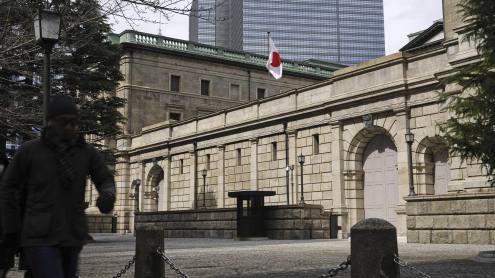For my generation of central bankers, the rapid growth of cross-border financial transactions and international capital flows is one of the most important economic developments we have experienced over the past 30 years. There is no question that capital mobility can bring multiple benefits, yet in a number of countries international capital flows have been closely linked to financial crises. It is little wonder that the subject of capital account liberalisation remains highly contentious. Perspectives differ because what is beneficial to some countries may make others more vulnerable. After the recent financial crisis, however, there is greater consensus on the costs and benefits associated with international capital flows and how such flows can be better managed.
Not all capital flows are created equal. International capital movements in the form of foreign direct investment create a win-win situation for the recipient country and the investing country. Short-term capital, however, is highly volatile. Large and sudden inflows of foreign capital lead to exchange rate overshooting, loss of trade competitiveness, domestic credit booms and asset price bubbles, all of which can elevate systemic risks and create financial fragility. Once the economic and financial conditions start to deteriorate, the direction of capital flows will reverse abruptly, with devastating consequences. The pro-cyclical nature of international capital flows also gives rise to concerns that foreign investors suffer from excessive optimism and are prone to herd behaviour, both of which amplify asset booms and busts.












